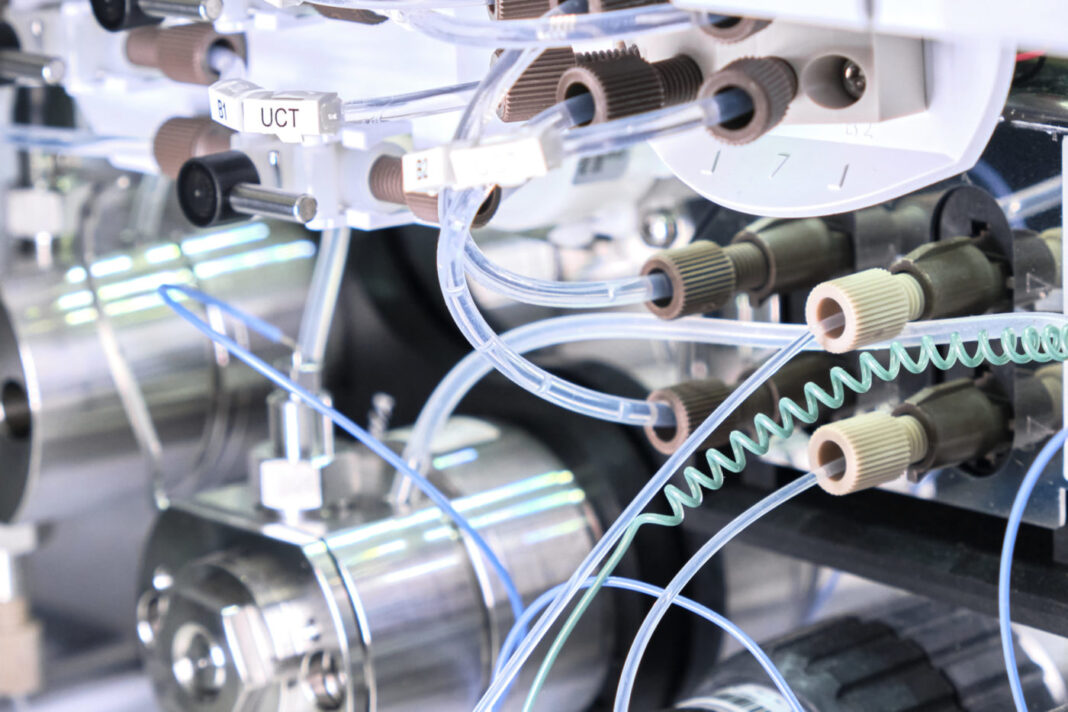Artificial intelligence (AI) has huge potential in bioprocessing. Its ability to model process data in real-time and feed this information into automated control systems is attractive to efficiency-focused drug companies.
According to a recent report, biopharma companies are warming to AI because of the prospect of lower costs and shorter timelines. Similarly, a report by Deloitte suggested, “AI technologies are poised to impact these [biomanufacturing] processes through real-time data processing and decision making that can make supply chains truly data-driven.
“The ability to adjust processes and track medications in real time will allow biopharma companies to manage their supply, quality, safety, security, and costs, resulting in more intelligent manufacturing and supply chain decision-making.”
Science and data
And AI also could also help biopharma firms that are struggling with quality-by-design (QbD), according to Christopher Bravery, consulting regulatory scientist, at U.K.-based, Advbiols.
“Biopharma has been trying to implement QbD for years, but it has proved to be a challenge. To my knowledge two monoclonal antibodies have submitted dossiers that include QbD, one rejected and one approved but the QbD covered only part of the process,” says Bravery.
“My main reason for considering QbD as unrealistic is it is built on the promise of deep characterization of the process so that it is predictable. But biology is hard to predict. Indeed, unexpected outcomes are to be expected.
“Regulators support anything that improves quality and safety. QbD is about reducing regulatory burden and is heavily promoted by them. So, AI and automated analytics could clearly help here, if they work.”
Causation not correlation
Bravery’s note of caution reflects a wider concern that AI and automated data analysis will replace science-based decision making.
“I have had heated debates with process engineers because they just see the engineering and forget that biotech uses living cells to produce the products,” he continues. “AI will look for correlations in data—but correlation is not causation, so there is a risk of mistakes with serious consequences if it is trusted without careful evaluation.”
Noting that it is important to find the scientific reason for any observed correlation, Bravery’s concern is “the more you automate the greater the risk that the science is forgotten and any resulting numbers are blindly followed as true.”



